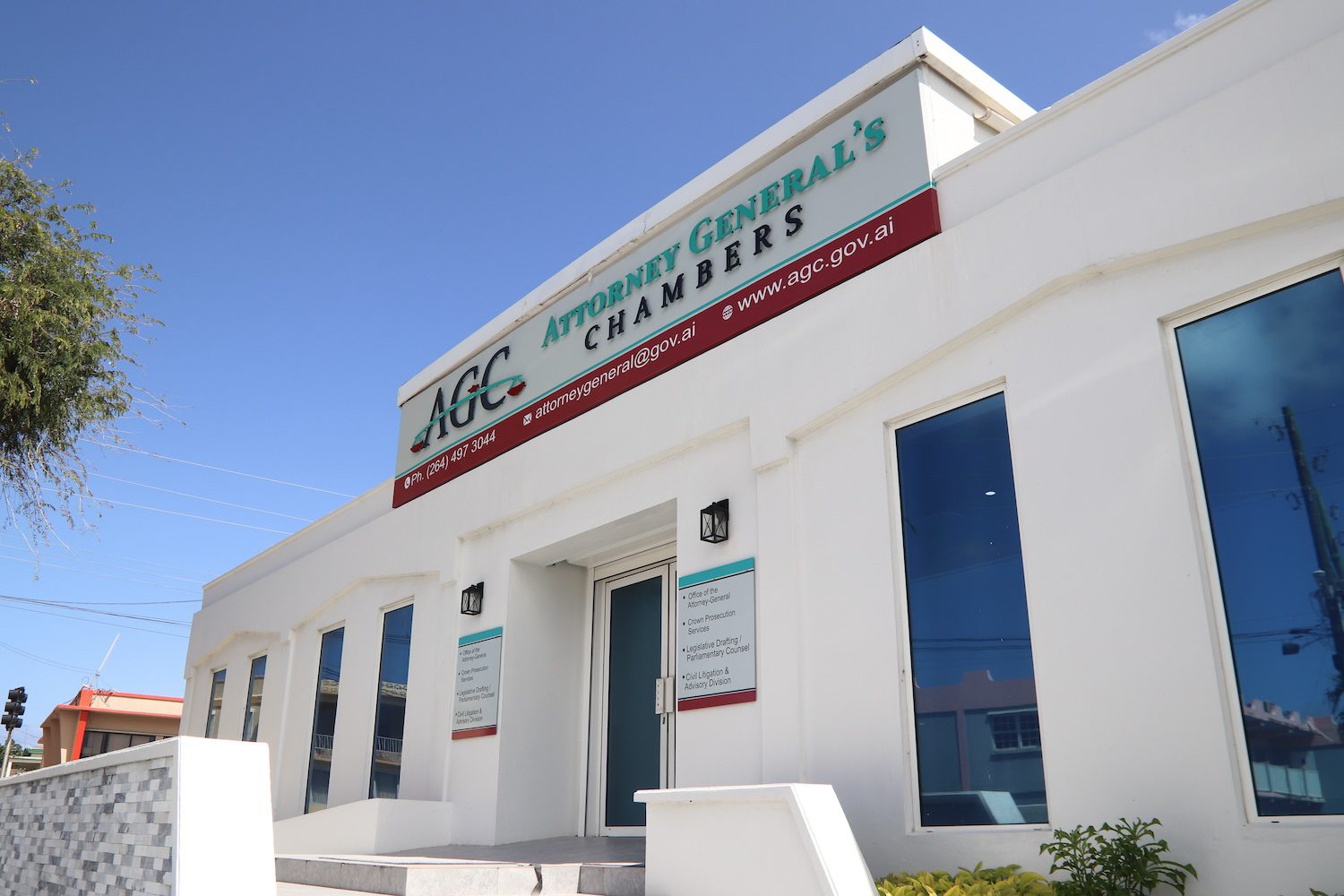By Chaviene Cyril Etienne
As of 1 August, Anguilla’s goods and services tax (GST) system underwent its most significant reform since its launch in 2022.
The 13% tax on goods at the point of sale has been removed, the port tax has dropped from 13% to 9%, and restaurant dining is now GST-free.
At the same time, service-based businesses can no longer reclaim GST paid on their operational inputs – a change that sparked frustration across social media.
But amid the outrage and confusion, the real impact of these changes tells a more balanced story.
At Anguilla Focus we keep our core content free for everyone – but our members get access to even more! Click here to join from just $3 per month.
Several business owners voiced concern about now having to “pay GST with no refund”, but this overlooks a key fact: they were always paying the tax up front.
The only difference now is there’s no reclaim on the back end.
For consumers, this change doesn’t mean a dramatic increase in prices – just a few cents here and there on shelf items. In exchange, the 13% that once hit families hard at the cash register is gone completely.
This isn’t a tax increase – it’s a tax restructuring. And despite political noise, the data shows it was needed.
The claim that “70% of GST comes from restaurants” has no factual basis.
Based on the Inland Revenue Department’s own reports, over 56% of GST revenue comes from accommodation alone – with dining included in that total.
The numbers tell us the burden has shifted away from residents and squarely onto the tourism sector, which is exactly what many have been calling for.
The bigger picture? Relief for locals, and a boost to domestic economic activity.
In 2024, Anguillians spent over EC$13 million on taxable goods – despite the double-taxation effect that used to exist.
Now that the 13% has been removed, that spending power could increase even further.
That’s money likely to be recirculated locally, rather than lost to cross-border shopping in St Martin or online purchases.
In that context, this reform doesn’t just ease pressure – it encourages local loyalty.
The government’s intent is clear: cut taxes where it matters most, shift the burden to sectors that can bear it, and give Anguillians more breathing room without wrecking the public purse.
The transition isn’t perfect. Businesses will need to adapt, and accountability will be key to ensure savings reach the consumer.
But in a time of global inflation and local fatigue, this reform offers something Anguilla hasn’t had in a while: A break.
Chaviene Cyril Etienne is an investigative journalist and founder of Voices Radio. Find out more about his mission here.





